President Muhammadu Buhari, on Tuesday, said eradicating malaria and its ancillary effects would save the country from the estimated economic burden of the disease totaling about N687 billion in 2022 and N2 trillion by 2030.
Buhari made the projection at the State House, Abuja, shortly after inaugurating Nigeria End Malaria Council in line with the African Union Assembly Declaration for the Establishment of EMCs continent-wide.
The president told the 16-member council headed by the founder and President of Dangote Group, Aliko Dangote, that beyond improving the quality of life, health and well-being of Nigerians, the concerted strategy to tackle the disease had both public health as well as socio-economic benefits for Nigeria, noting that the successful implementation of the Council’s agenda will lead to N2tn savings in the next eight years.
‘‘Our inauguration today will therefore ensure that malaria elimination remains a priority on our agenda, with strong political commitment from leaders at all levels.
‘‘Additionally, the End Malaria Council will provide a platform to advocate for more funding to protect and sustain progress made so far by our country, and put us on a pathway to ending the disease for good,’’ he said.
Expressing concern that the age-long disease had remained a major public health challenge in Nigeria, Buhari cited the World Health Organisation (WHO) report of 2021, showing that Nigeria alone accounts for 27 percent of all cases of malaria and 32 percent of deaths globally.
‘‘Malaria infection can cause severe disease and complication in pregnant women and lead to high rates of miscarriage.
‘‘It is also responsible for a considerable proportion of deaths in infants and young children, with children under 5 years being the most vulnerable group affected. These are reasons we must not relent in fighting the disease.’’
On his choice of Dangote to chair the council, Buhari explained that it was in recognition of the track record and passion of Africa’s richest man in supporting initiatives on various health issues such as polio and primary health care system strengthening.
He expressed confidence that Dangote would bring his outstanding achievements to help the country achieve its goal of malaria elimination, adding that a group of eminent personalities, who have also made their mark across all walks of life, have been selected to work in the council.
He added that the membership of the council reflects government’s commitment to significantly reducing the malaria burden in Nigeria, to a level where it is no longer a public health issue.
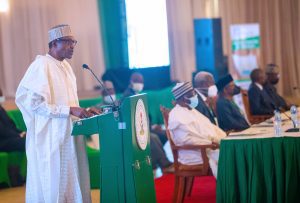
Buhari said:‘‘I have been informed that the End Malaria Council (EMC) has already been established in other African countries, in line with the African Union Assembly Declaration for Establishment of EMCs in Africa.
‘‘EMCs have provided leadership, new funding and innovation to enable these countries stay on track to meet malaria burden reduction targets, and I am optimistic that the setting up of the Nigeria End Malaria Council will do the same for Nigeria.
‘‘I must add that with the additional advocacy and funding the council will bring to the malaria control drive, we can anticipate a reduction in malaria burden that ensures that our children, pregnant women, indeed, all Nigerians are shielded from the disease.
‘‘We must work together to reduce the unnecessary deaths attributable to malaria and ultimately improve the well-being of citizens. I implore the Council to ensure best practices and innovative strategies in achieving its mandate.’’
Buhari also used the occasion to thank the Chairman of the African Leaders Malaria Alliance (ALMA), President Uhuru Kenyatta of Kenya, the Executive Secretary of ALMA, RBM Partnership in Nigeria for their continuous support to the Federal Ministry of Health and the malaria programme, in particular.
He also acknowledged the contributions of the Global Fund, the United States Agency for International Development, the President’s Malaria Initiative, Bill and Melinda Gates Foundation, WHO, UNICEF, UK Foreign and Commonwealth Development Office, other implementing partners, and the private sector.
In separate remarks, the Minister of Health, Dr Osagie Ehanire, and the Minister of State for Health, Dr Joseph Nkama, said since 2010, Nigeria has been recording a continuous decline in the disease from 42 per cent in 2010, to 27 per cent in 2015 to 23 per cent in 2018.
Quoting figures from the 2010 Nigeria Malaria Indicator Survey and the 2018 Nigeria Demographic and Health Survey, they attributed the decline to the thorough implementation of the National Malaria Strategic Plan (NMSP).
Both ministers, however, admitted that the funding gap has impacted the implementation of the malaria programmes in Nigeria, adding that the country needs N1.89 trillion to reduce the prevalence and mortality of the disease by 2025.
In his acceptance speech, Dangote thanked the president and all members of the council for entrusting him with the enormous responsibility, pledging to work hard to achieve the mandate.
‘‘I must confess that this resonates with my current role as the Nigerian Ambassador for Malaria, my role on the Global End Malaria Council and with the work that my Foundation is doing to mobilise the private sector to support malaria control in Nigeria and Africa at large,’’ he said.
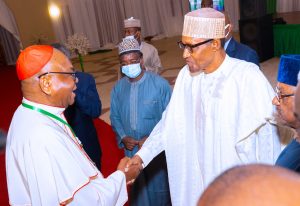
Persecondnews reports that the council members are: Shehu Ibrahim, Permanent Secretary, Office of the Vice President on Political and Economic Affairs; Governor Kayode Fayemi of Ekiti State and Chairman of the Nigeria Governors’ Forum (NGF); Yahaya Oloriegbe, Chairman, Senate Committee on Health; Abubakar Dahiru, Chairman, House Committee on AIDS, TB and Malaria; Mr Ehanire, Mr Ekumankama; Mahmuda Mamman; Permanent Secretary, Federal Minister of Health.
Others include Tony Elumelu, Chairman, Board of Directors, UBA; Folurunsho Alakija, CEO, Rose of Sharon Group; Herbert Wigwe, CEO, Access Bank; Femi Otedola, CEO Forte Oil; Lami Lau, President, National Council of Women Societies; John Cardinal Onaiyekan, Emeritus Archbishop of Abuja Catholic Archdiocese; Rafiyat Sanni, National Amira, Federation of Muslim Women Nigeria (FOWAN) and Perpetua Uhomoibhi, NEMC Secretariat/National Coordinator, National Malaria Elimination Programme (NMEP).
Read Also: Vacationing U.S. First Lady down with Covid-19 just as hubby recovers from virus







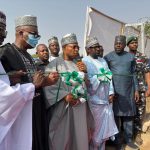
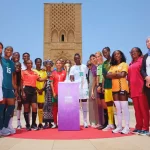


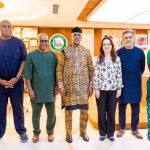
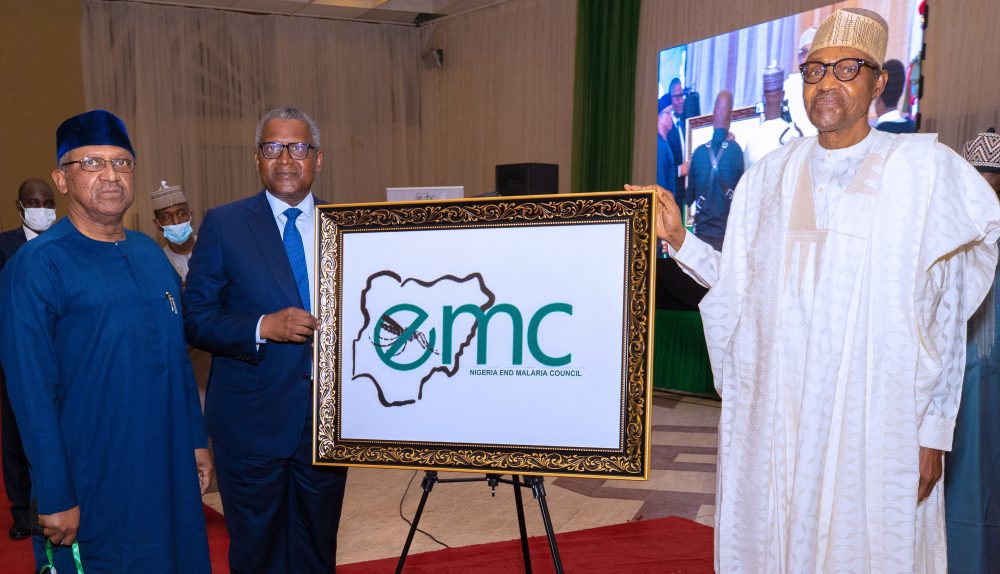
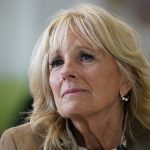


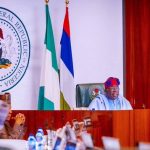


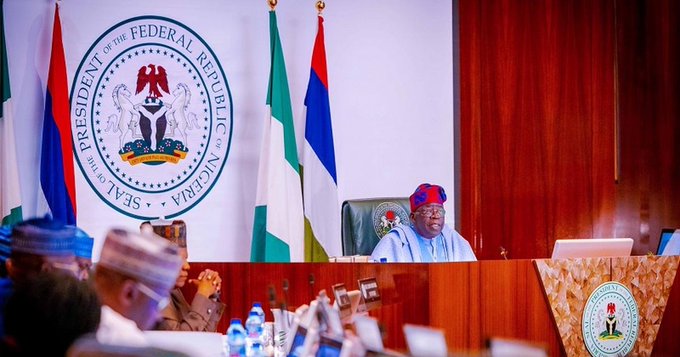


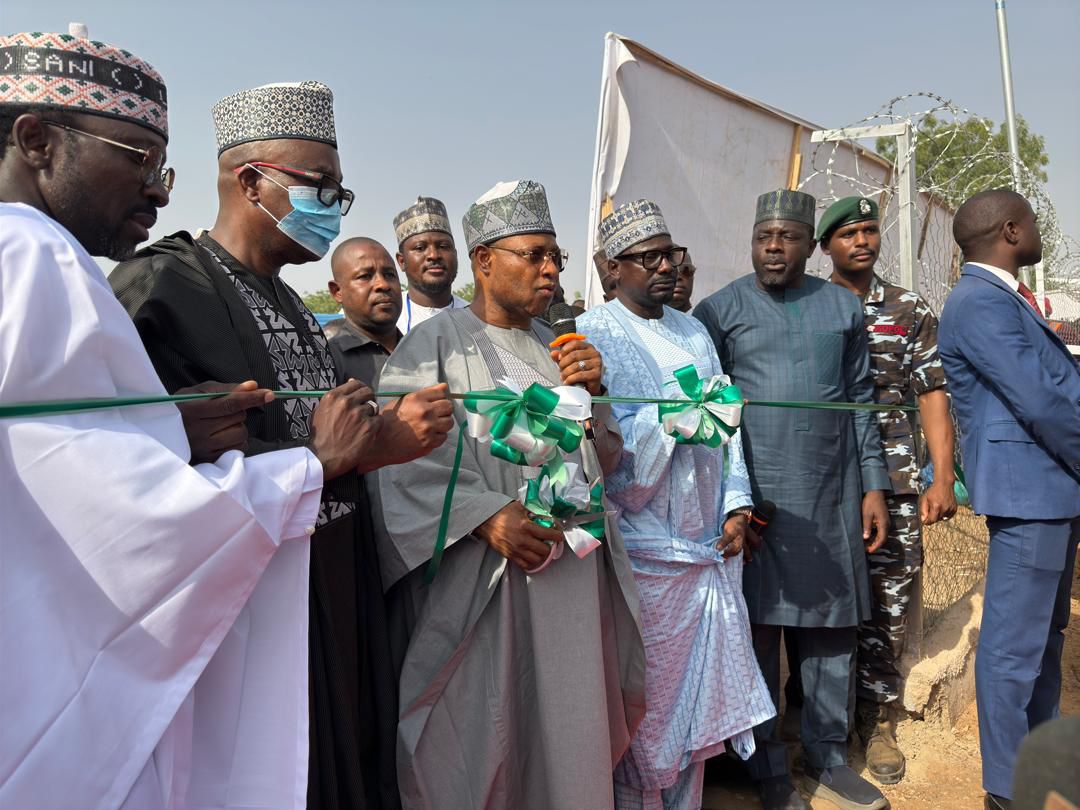



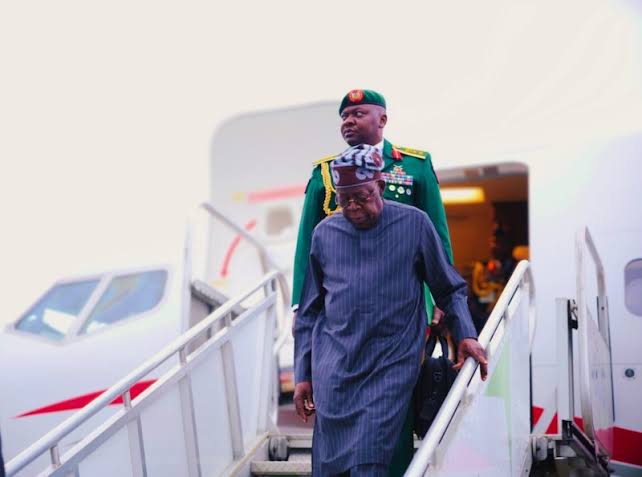






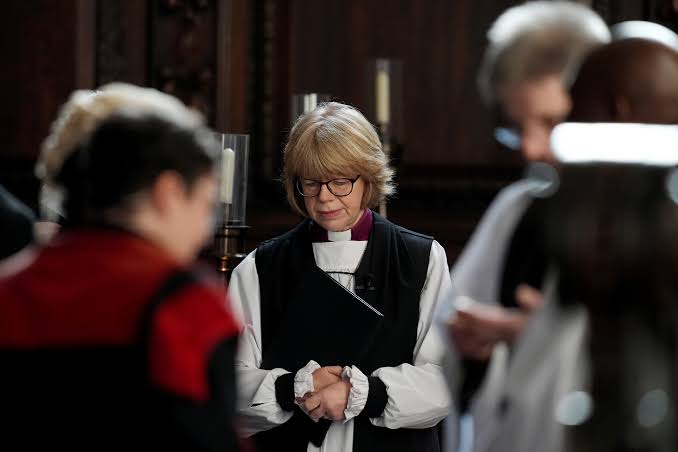
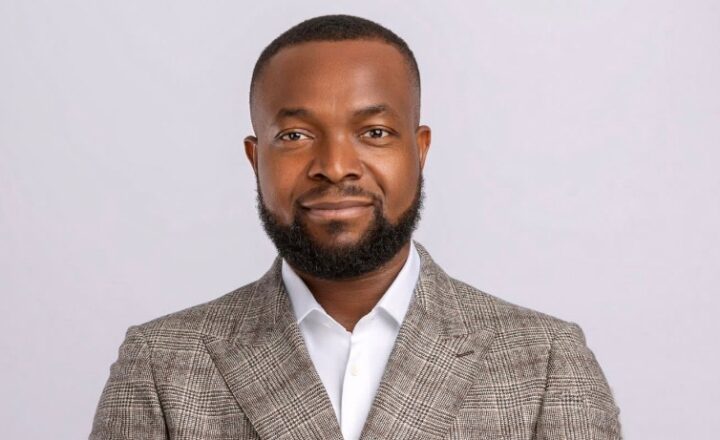

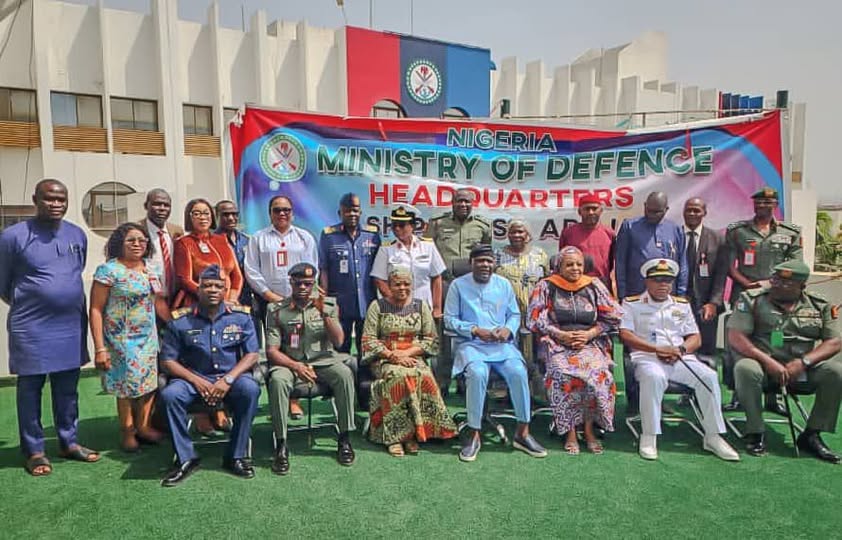
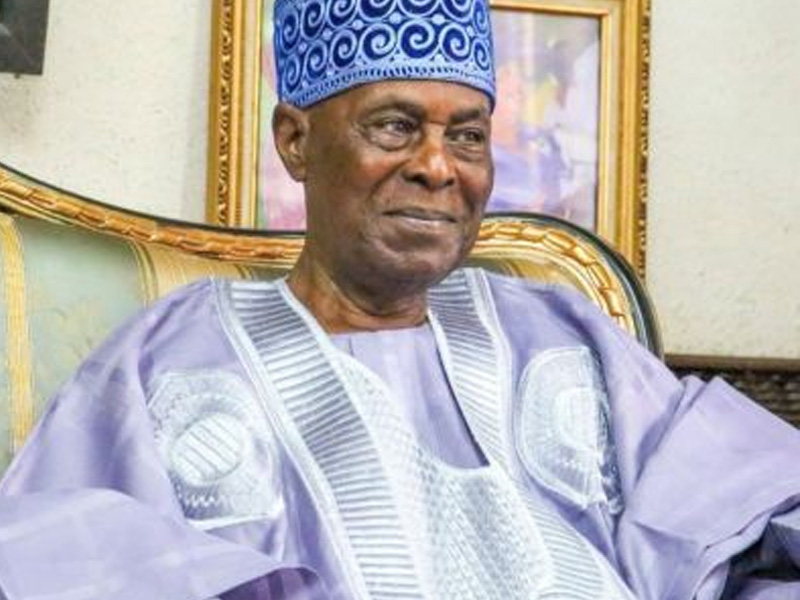

Leave a comment